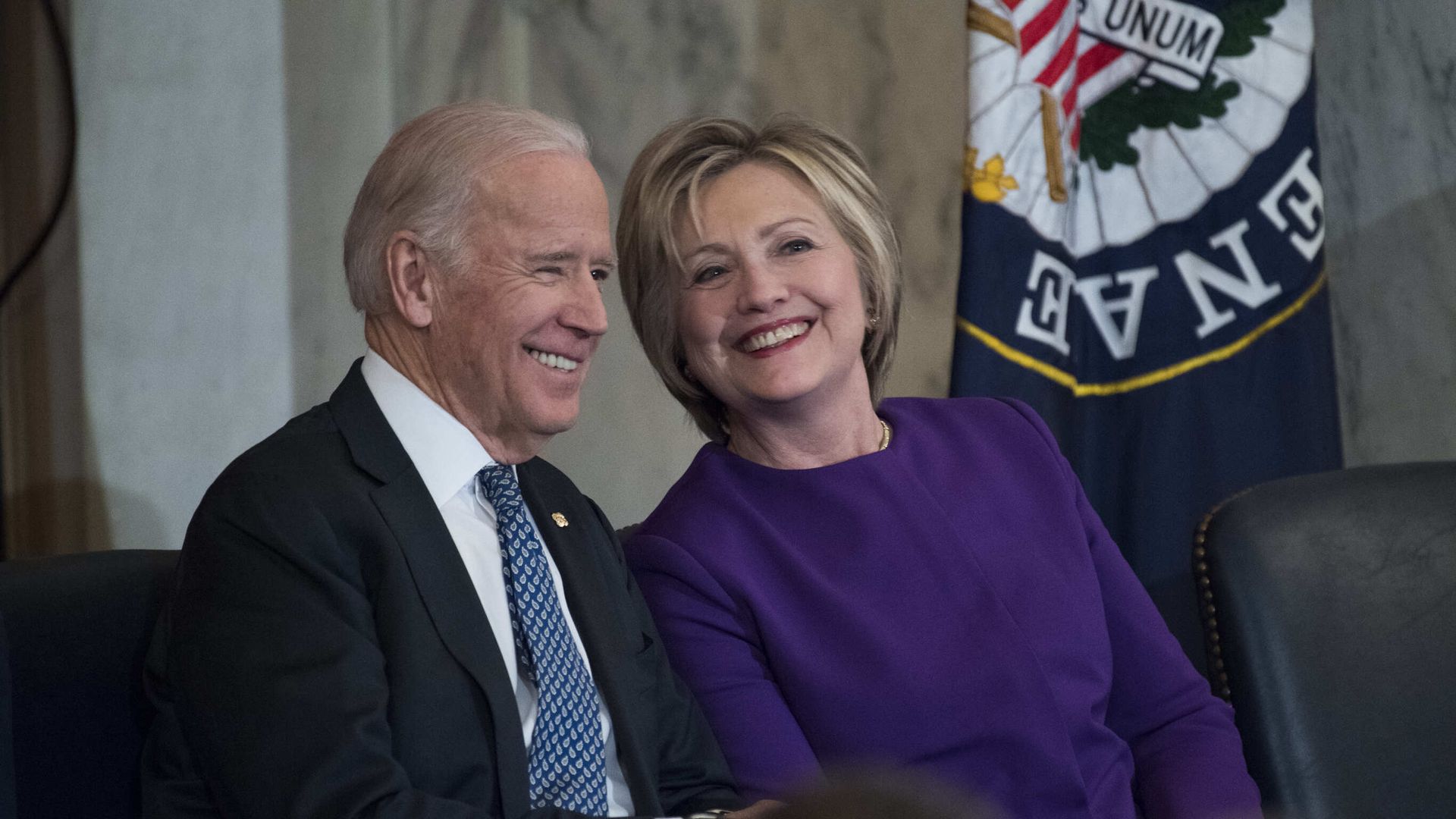
The BDN Editorial Board operates independently from the newsroom, and does not set policies or contribute to reporting or editing articles elsewhere in the newspaper or on bangordailynews.com.
In a rare show of bipartisanship, the U.S. House of Representatives on Wednesday passed a tax bill that includes a mix of benefits for low-income Americans and corporations. It is far from a perfect bill, but it shows that lawmakers can actually work together, and not just when facing a crisis.
A centerpiece of the tax bill, which passed the house on a vote of 357-70, is an expansion of the child tax credit. A previous expansion is credited with cutting the nation’s child poverty rate in half. It expired, without congressional action, at the end of 2021, and child poverty quickly rose.
This expansion is less generous, but is targeted to low-income families that currently don’t qualify for the full benefit. These families could be eligible for the full $2,000 per child annual credit. Many currently only qualify for a partial benefit.
The tax package, which was negotiated by Senate Finance Committee Chair Ron Wyden, D-Oregon, and House Ways and Means Committee Chair Jason Smith, R-Missouri, now heads to the Senate.
According to a recent analysis by the left-leaning Center for Budget and Policy Priorities, the expanded child tax credit could reach about 16 million children who are not now eligible for the full credit. This includes 39,000 children in Maine.
During the pandemic, the child tax credit was briefly made much more generous. The maximum value of the credit rose from $2,000 to $3,600 per child under age 6 and $3,000 for older children. The benefit was also automatically paid in cash each month, rather than paid as a lump sum when taxes are filed.
Early research suggested that the expanded child tax credit reached over 61 million children in more than 36 million households, cutting childhood poverty by 40 percent. The funds were primarily used for child care, food, housing and other basic needs. In addition, research shows that such financial support can have long-lasting impacts on children.
That’s why expanding the child tax credit is good public policy.
Yet, the current modest child tax credit expansion, which accounts for about $35 billion of the package’s $78 billion price tag, faced stiff opposition from some Republicans. Some far-right Republicans said they opposed the measure because the credit would be available to immigrants who are in the country illegally. However, the bill does not expand current eligibility for the credit, which is available for children born in the U.S. who have a Social Security number. The Social Security number requirement for the child tax credit was added by Republicans in a 2017 tax bill that they championed.
The overall tax bill, which also includes deductions for research and development and restores some business tax breaks, faced some opposition from lawmakers from high-tax states, such as California and New York, who want to see higher deductions allowed on federal tax forms for state and local taxes. These deductions, known as SALT, will now be considered in a separate bill.
“It’s not a perfect bill,” House Speaker Mike Johnson said on Monday. “We’re not going to get a perfect bill when we have divided government as we do.”
Some Democratic lawmakers, for example, wanted a more generous child tax credit. That, however, would have raised the price tag, which could have weakened existing Republican support for the measure. Likewise, reducing the corporate tax benefits in the bill also would have weakened Republican support.
2nd District Rep. Jared Golden voted against the tax bill, citing its costs, which he worries will worsen the national debt, and a lack of targeting of the child tax credit. 1st District Rep. Chellie Pingree voted for it, although she called for a larger, permanent expansion of the child tax credit.
Expanding the child tax credit has shown to pay huge dividends for millions of American families. It is encouraging that a modest expansion of the credit largely transcended politics in the U.S. House.









